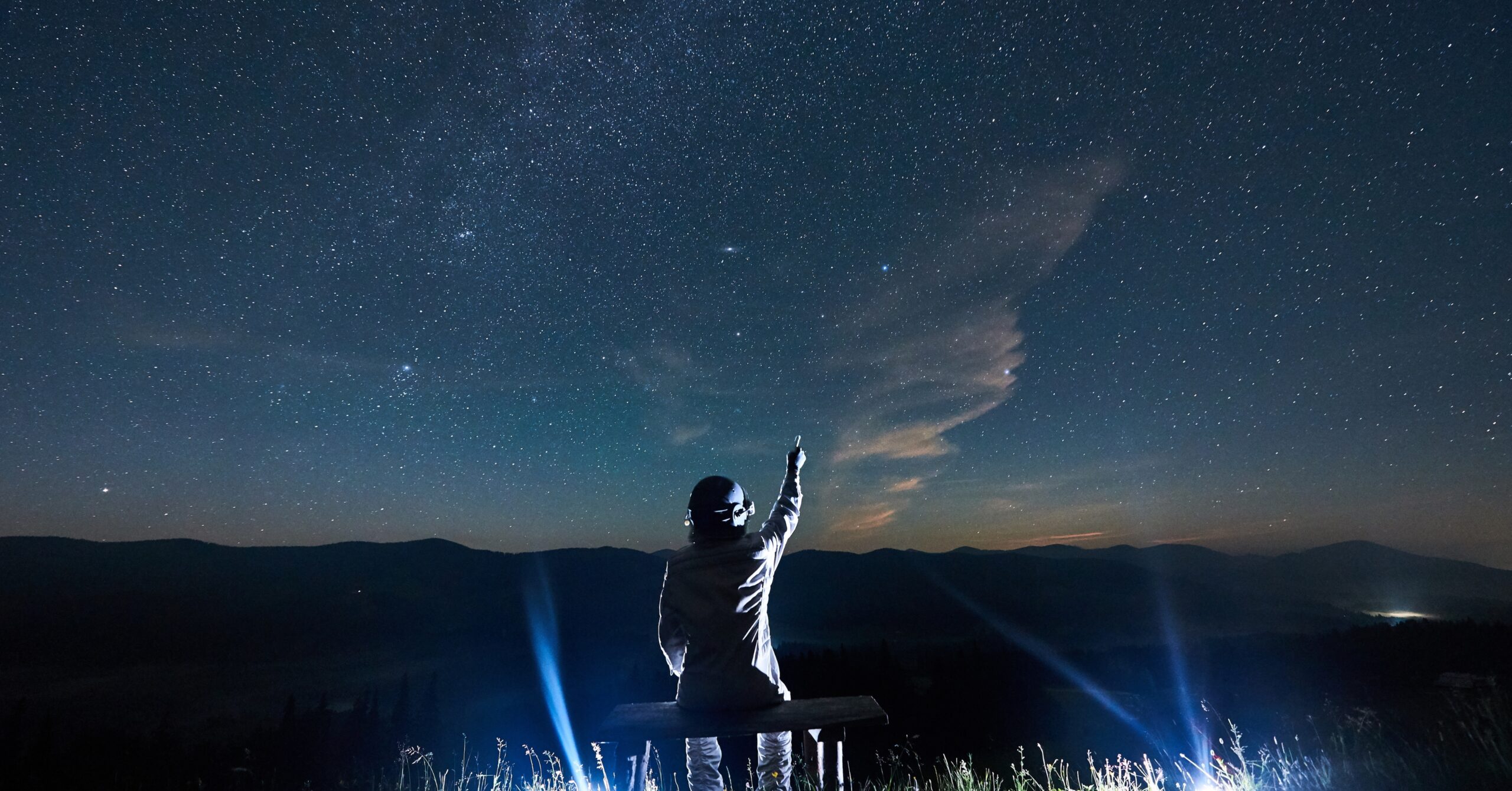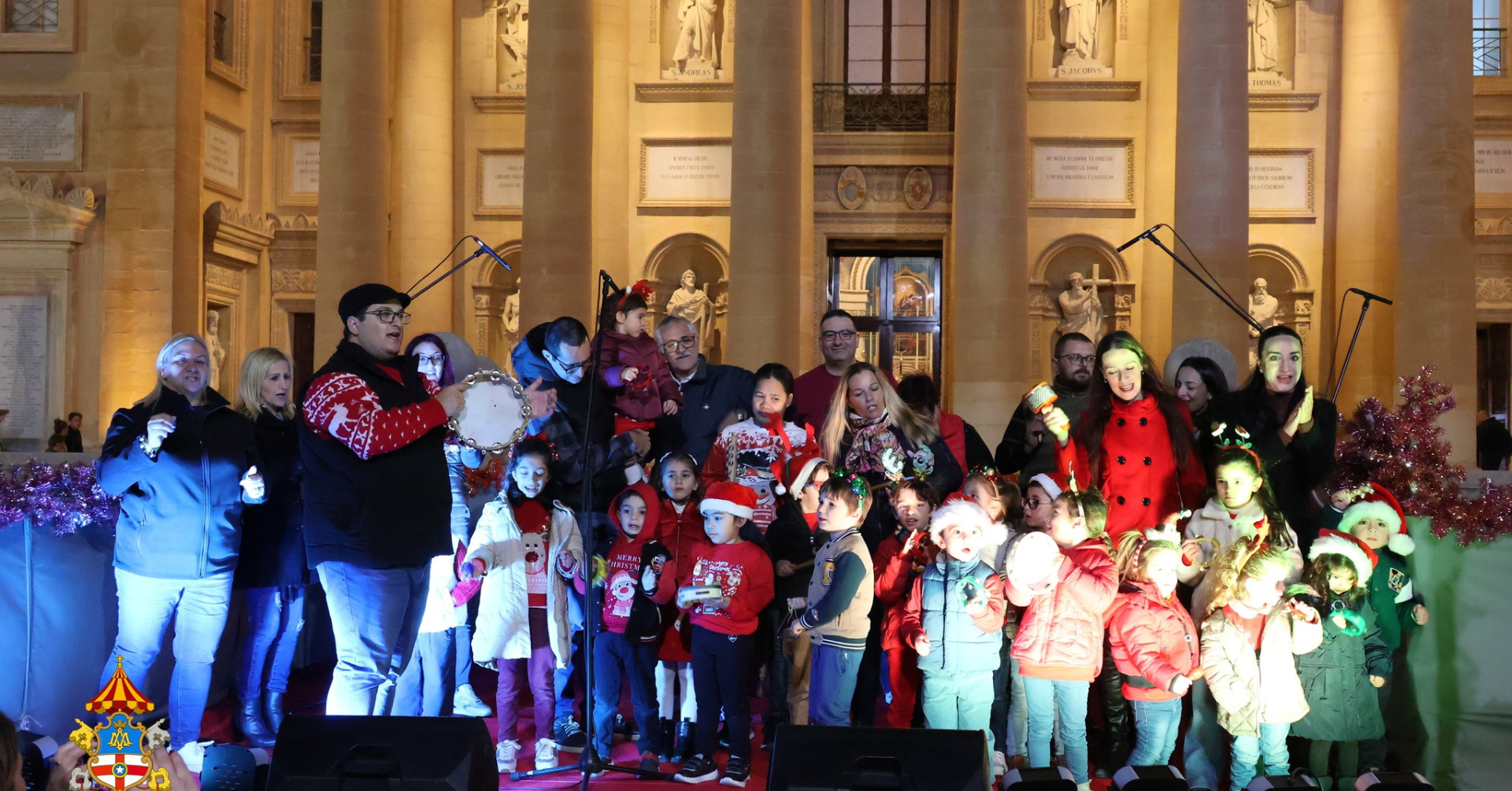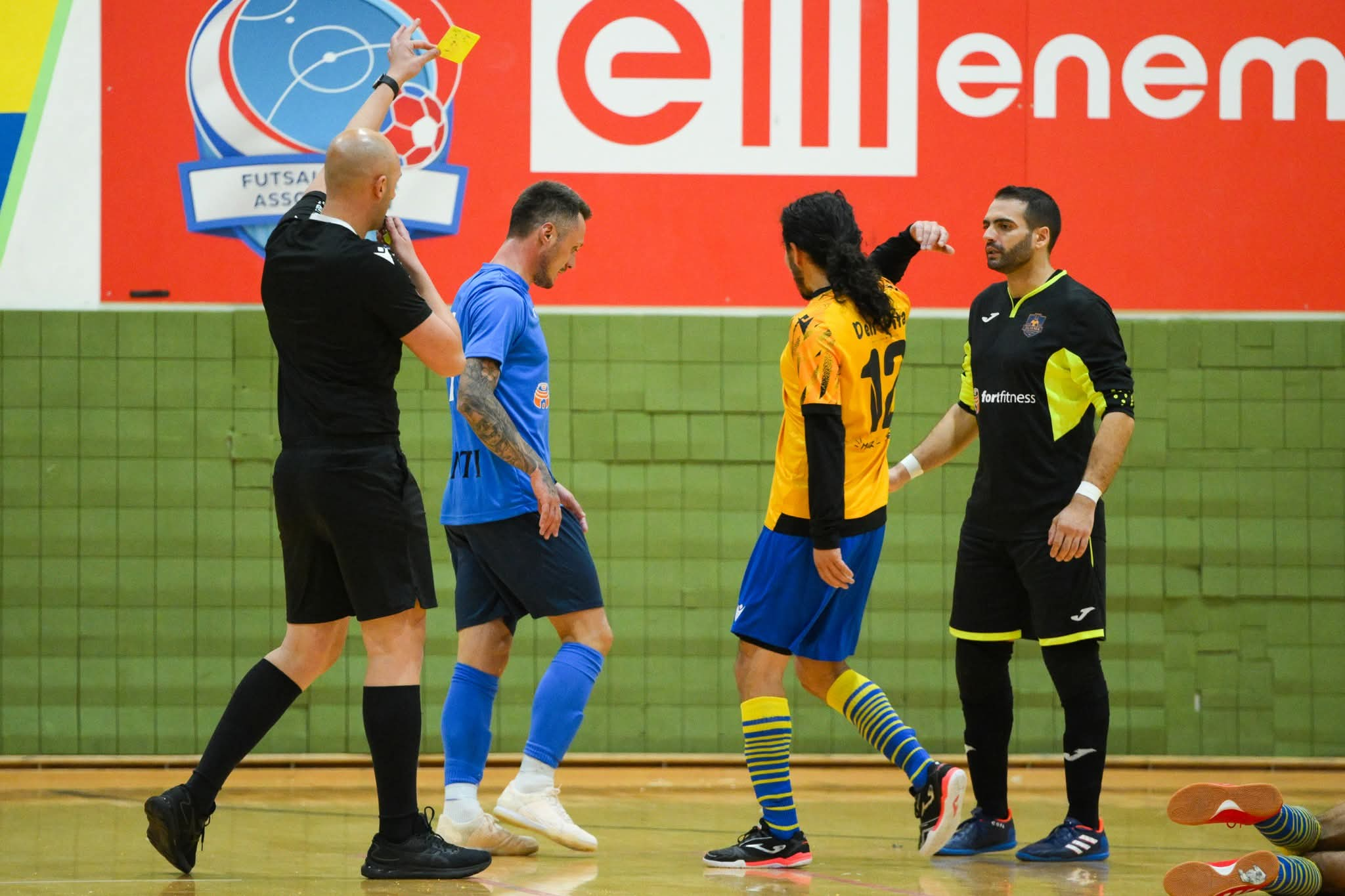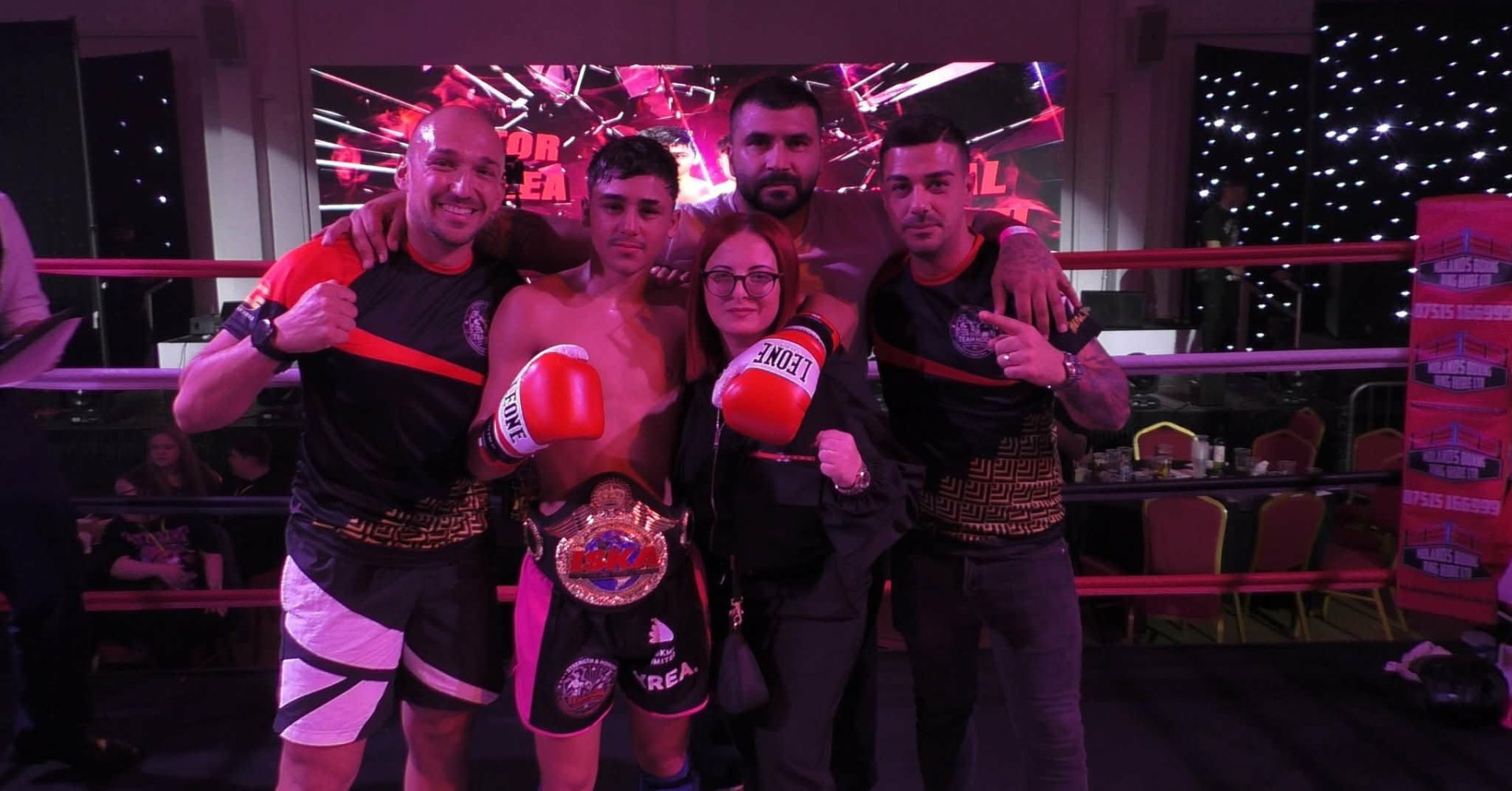This article was originally published in BPM Magazine. Read the full version of the magazine here.
The Girl Who Grew Up With a Million Questions
Maria Aquilina is a motivated 23-year-old reading for a Master of Science in Maths. Her thesis for her Bachelor’s degree in Mathematics and Physics concerned Astronomy, specifically galactic dynamics. Maria is currently researching the mathematical modelling behind the movement of beams. She was one of the first two Maltese students to attend a Training Course organised by the European Space Agency Academy.
Maria was also the first Maltese representative at the ESA-co-organised Alpbach Summer School. She and her team were awarded best mission presentation. Together they discovered a knowledge gap in the characterisation of both stars and exoplanet atmospheres in UV light. After finding a feasible solution for the creation of a new telescope concept with their engineering team, they defended their proposal, and the judges were convinced!
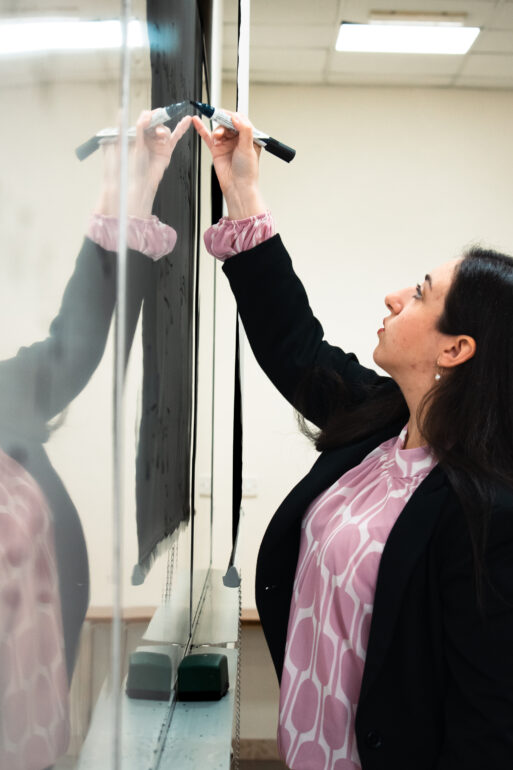
Maria always had a fascination with space along with an eagerness to raise questions and share her passion. Planets, galaxies, black holes, supernovae, and space in general blew her mind as a child. ‘The vastness of the universe is incredible and researching about it is like a rabbit hole that you can never climb out of.’
Just how Maria inspires awe in us, she believes these fields of study inspire awe in all humans as it is in our nature to ask ‘how?’ and ‘why?’. She says that astronomy and mathematics provide insight into such questions. For her, it’s adrenaline-inducing to act like an explorer in uncharted lands and attempt to provide a scientific answer related to a natural phenomenon.
For Maria, it’s not only a joy to acquire new knowledge about the environment we are part of, but also a need, which is what makes a person such as her constantly aim for more accuracy. ‘Inspired’ – that is the sensation Maria gets when thinking of being such a small part of such a vast incredible system… yet here we are! – along with the ability to observe so much!
When Maria gets stuck, she follows advice from researchers who have mentored her: research what has been done before and break each problem into smaller bits. As a researcher, she must always overcome natural human biases and allow for multiple work revisions, ensuring a correct and repeatable result that others can verify as well. She says a researcher must be inquisitive and see value in the details.
This work has a great influence on Maria’s perspective since it sharpens her understanding of our place in the universe. ‘We are one of 8 planets orbiting the Sun which is one out of 6 to 12 billion stars in the galaxy, each with their own planetary system, and there are trillions of galaxies in the known universe, let alone beyond.’ She thinks there is a strong possibility of finding life outside of Earth. From her experience, you must always be open to the possibilities. You may not always find what you expect.
Maths is calming for her, and she further lowers her BPM by putting on classical music while working her way through equations. Interpreting results fills her with adrenaline, especially when comparing her findings to others and seeing what her results imply.
When Maria needs a break from science, she likes reading, particularly on topics such as history, ancient civilisations, philosophy, and politics, as well as playing the piano. She feels most in her element when in nature, listening to music, after a hearty meal, and when observing the night sky, especially after the rain when the air is crisp.
This beauty is something Maria can never get enough of! As a final remark, her hard work is a testament to how curiosity and getting your mind active can lead to interesting findings that can be beneficial in multiple ways.
Did you enjoy this article? Let us know!

